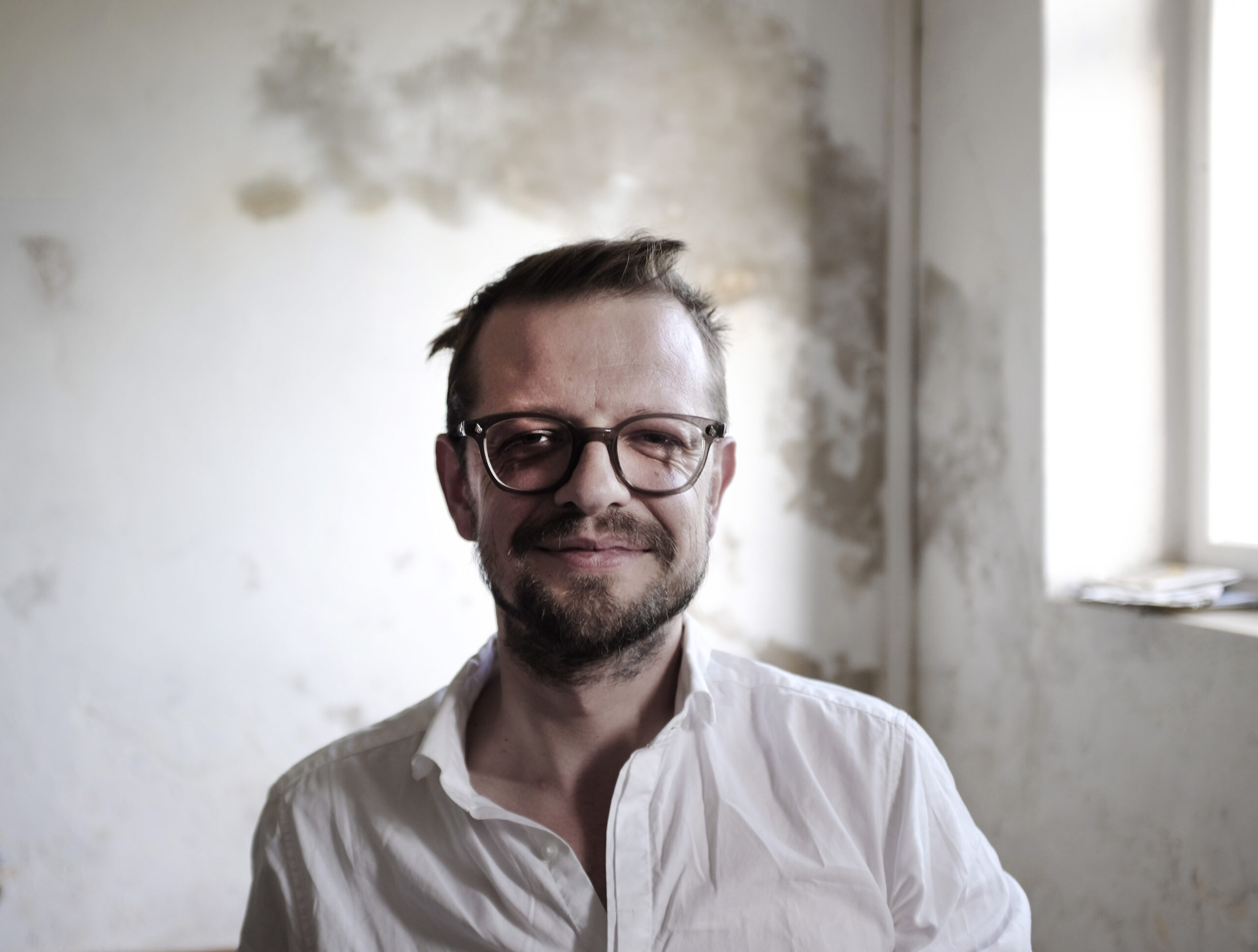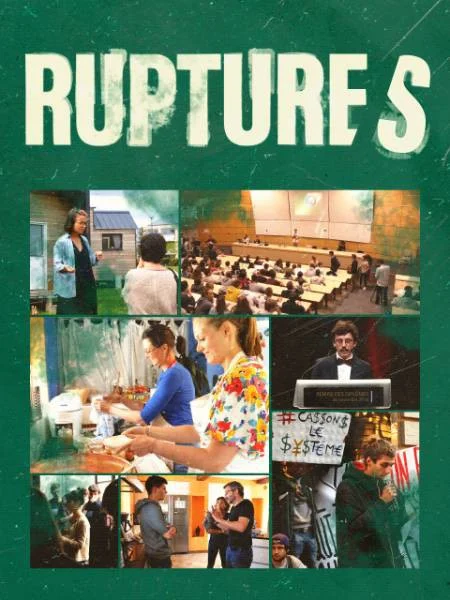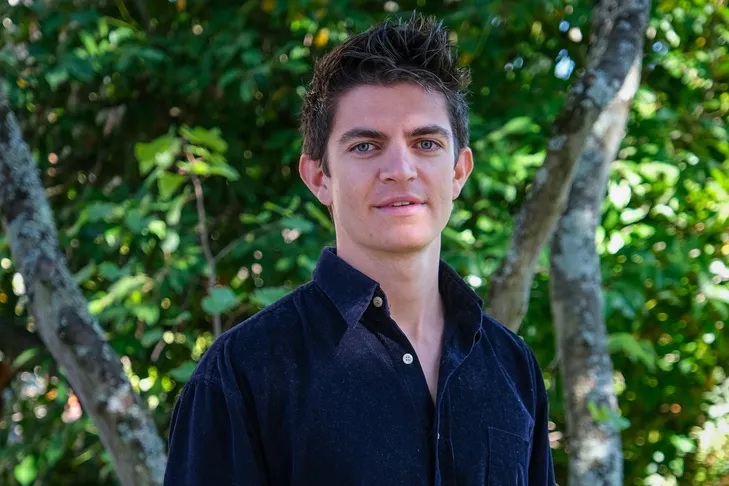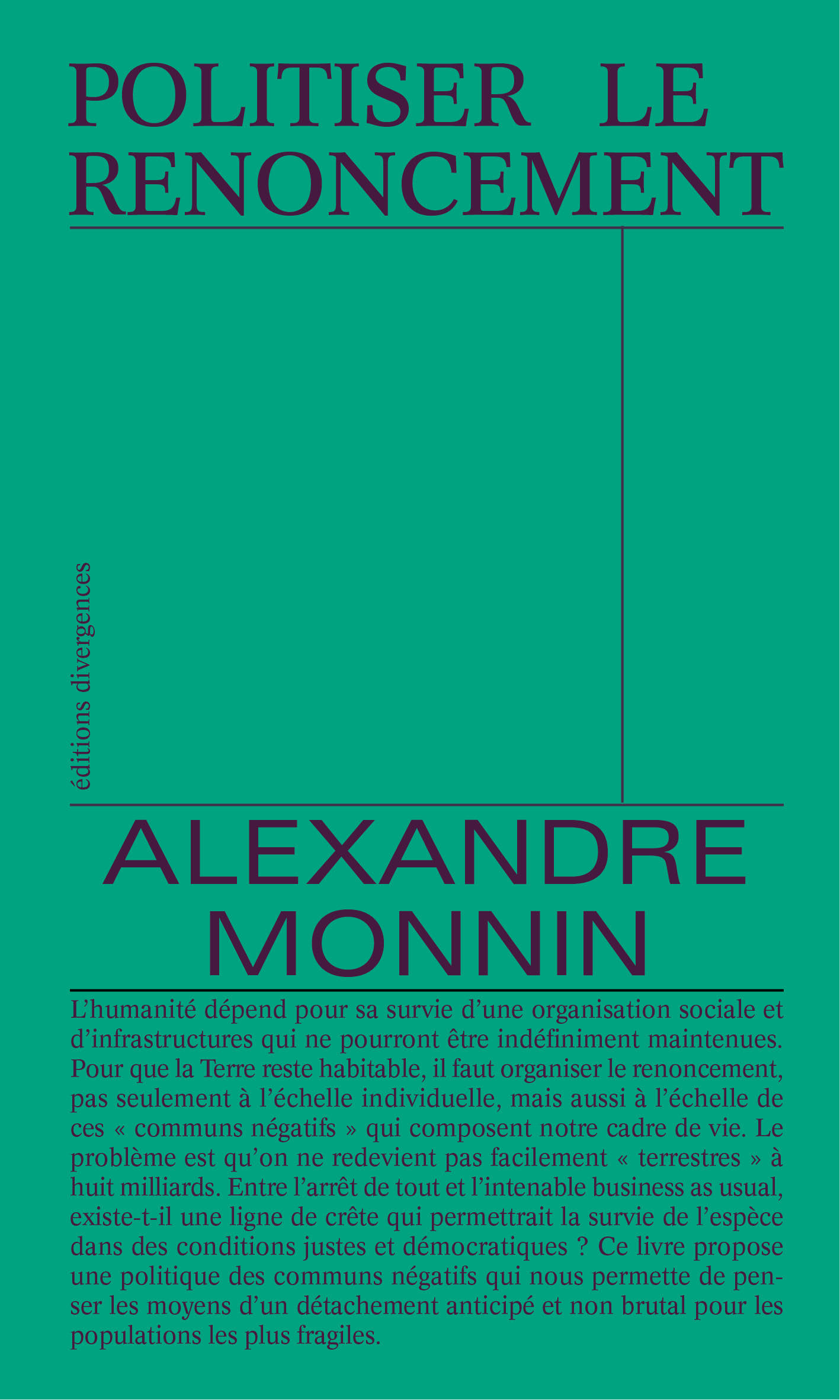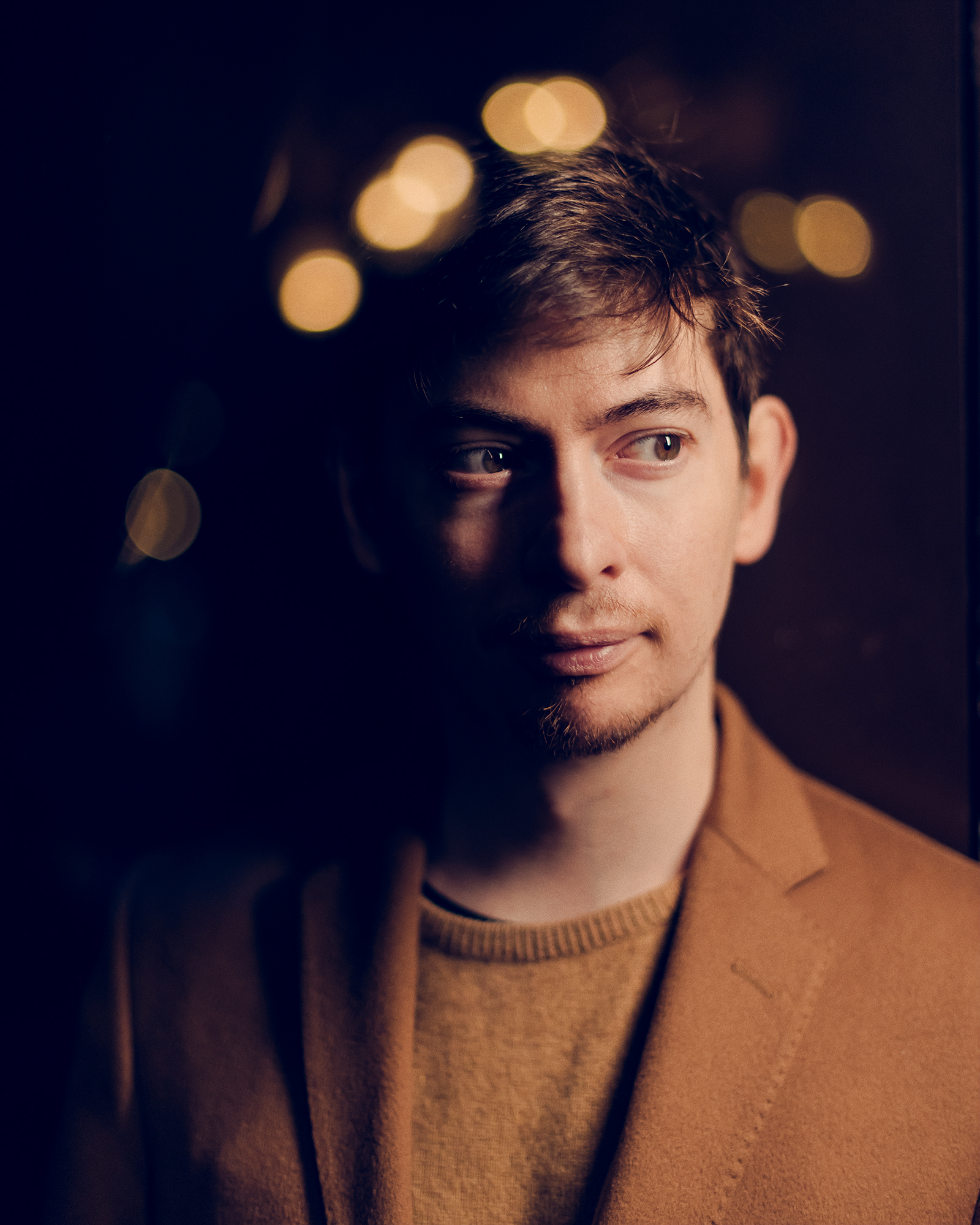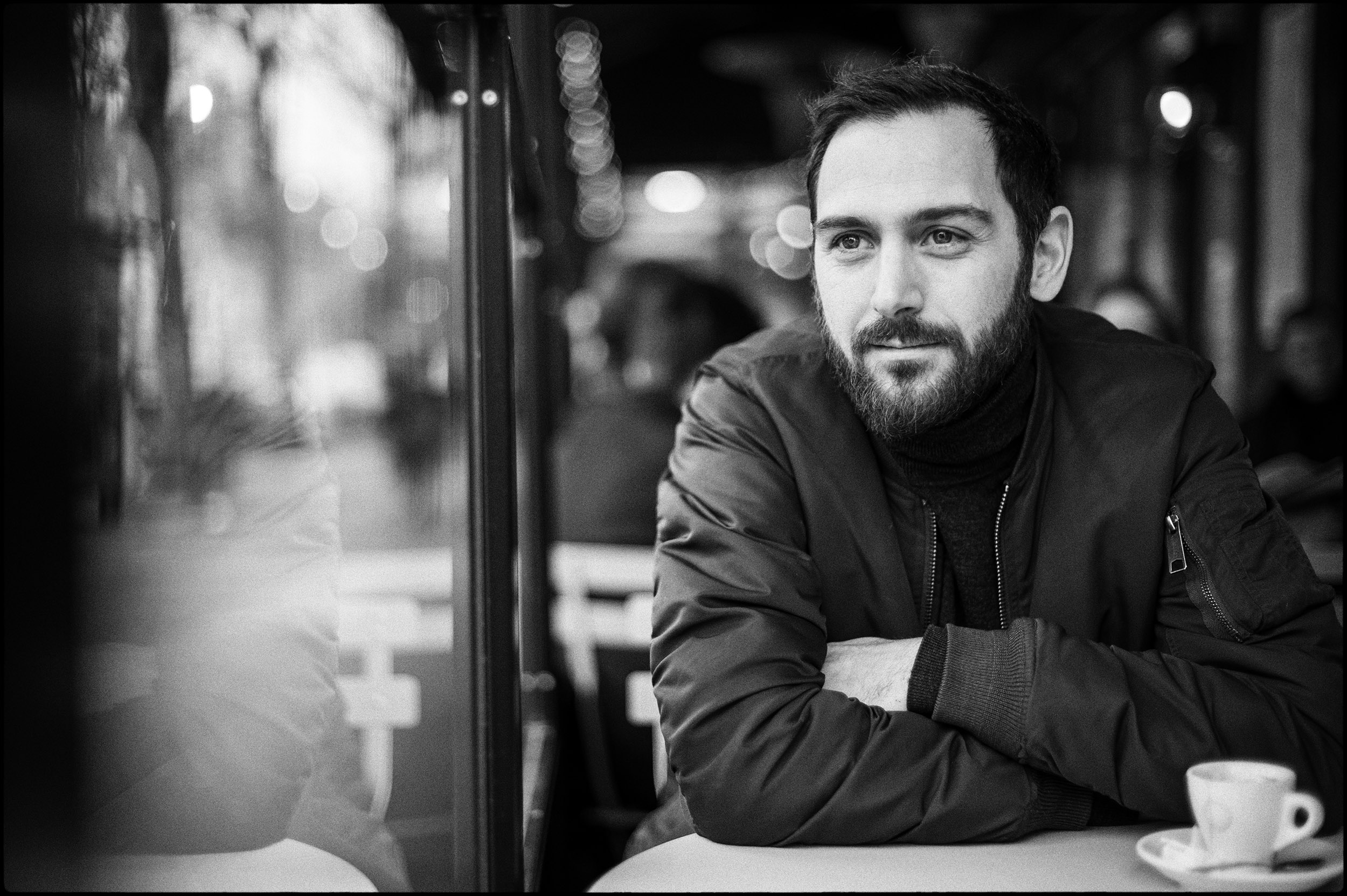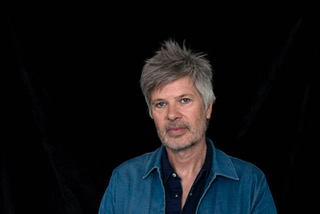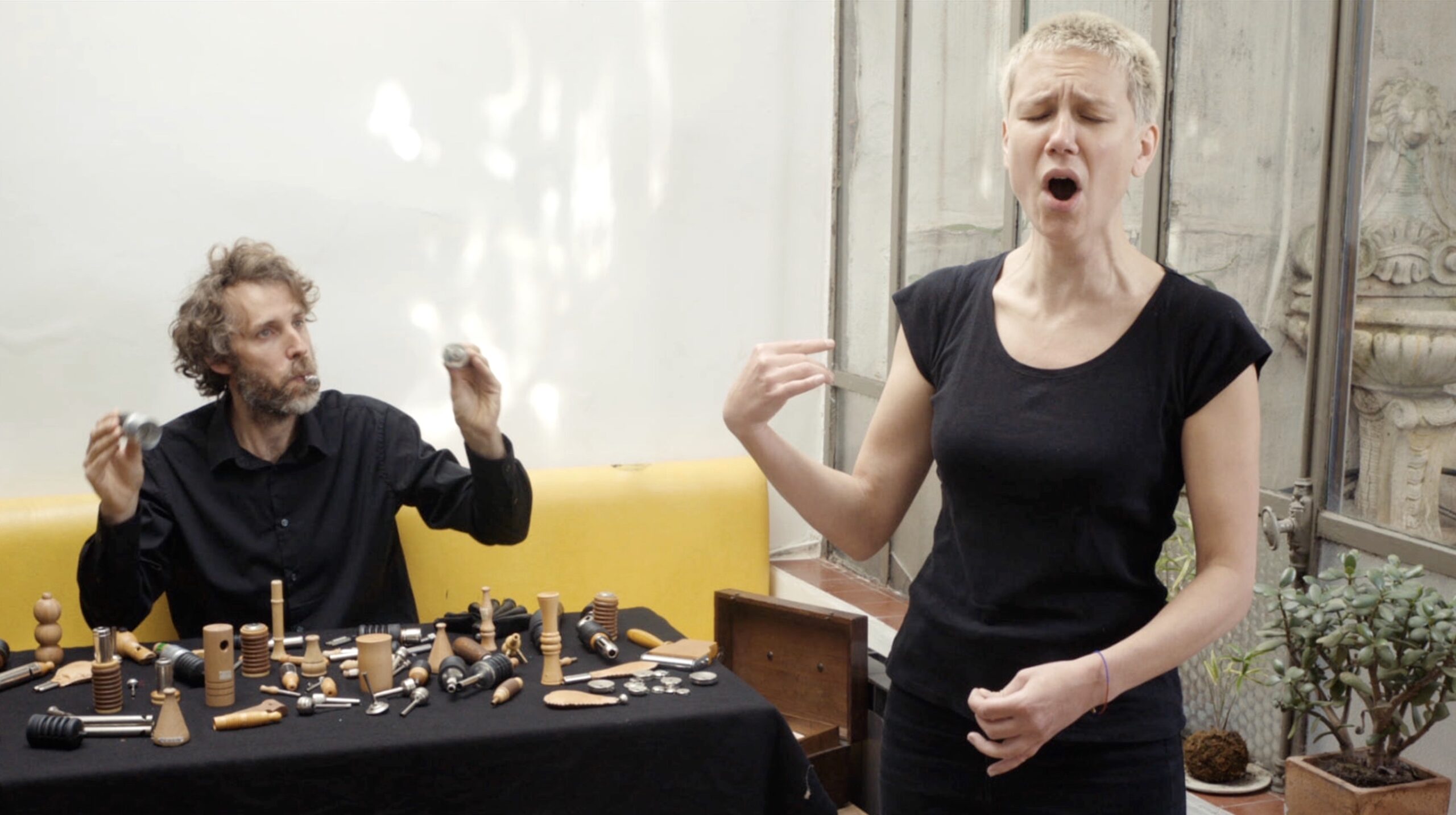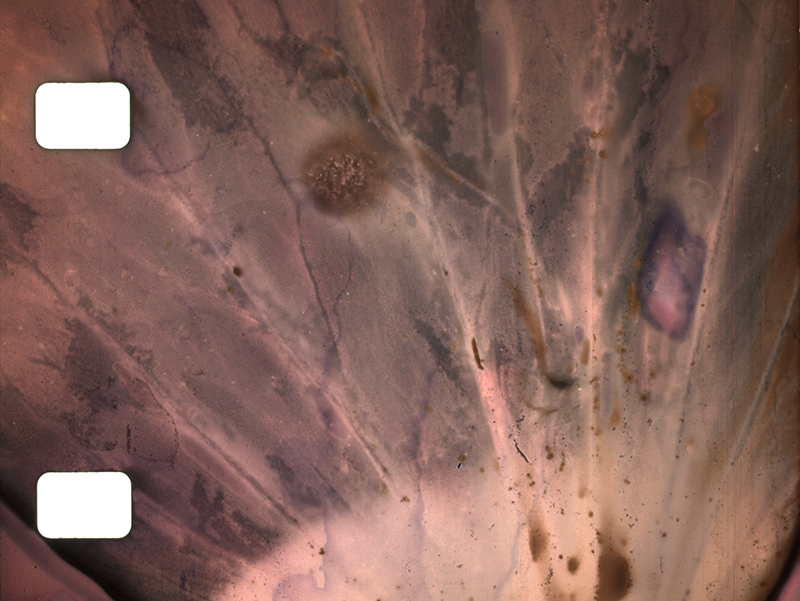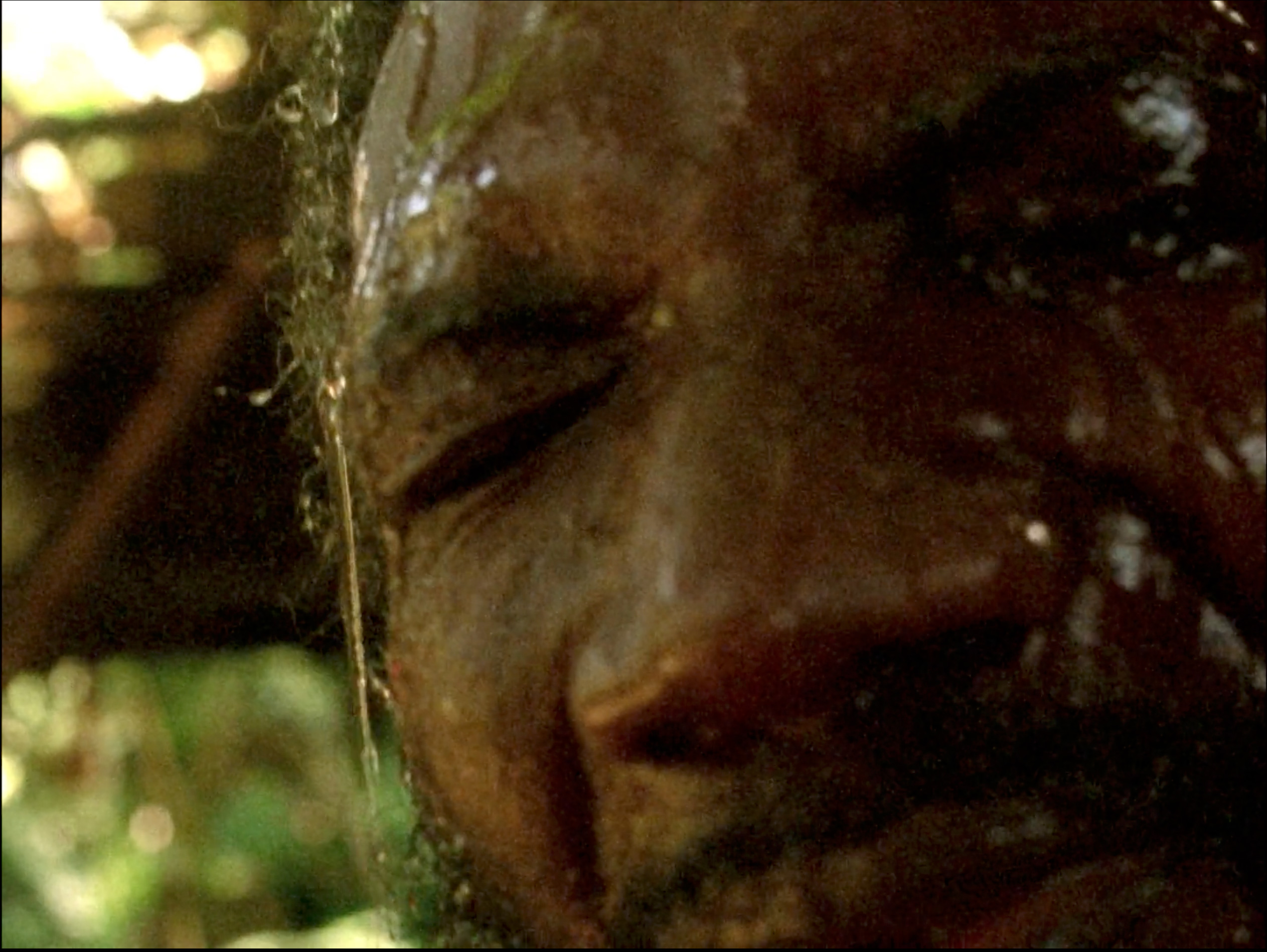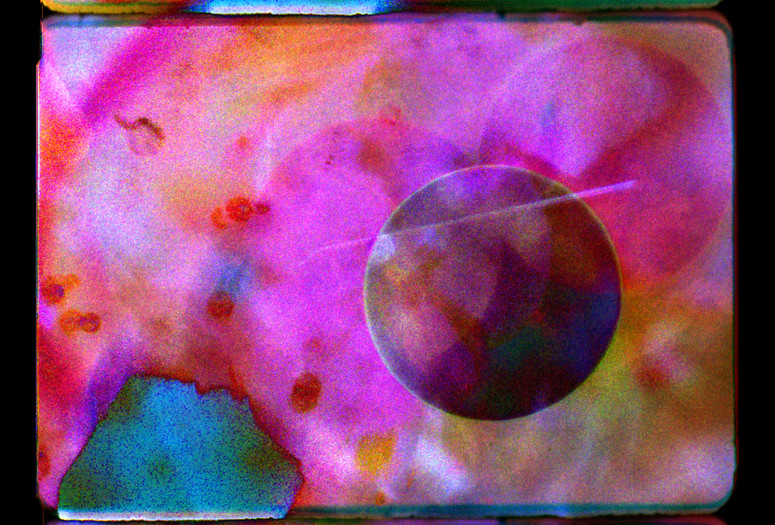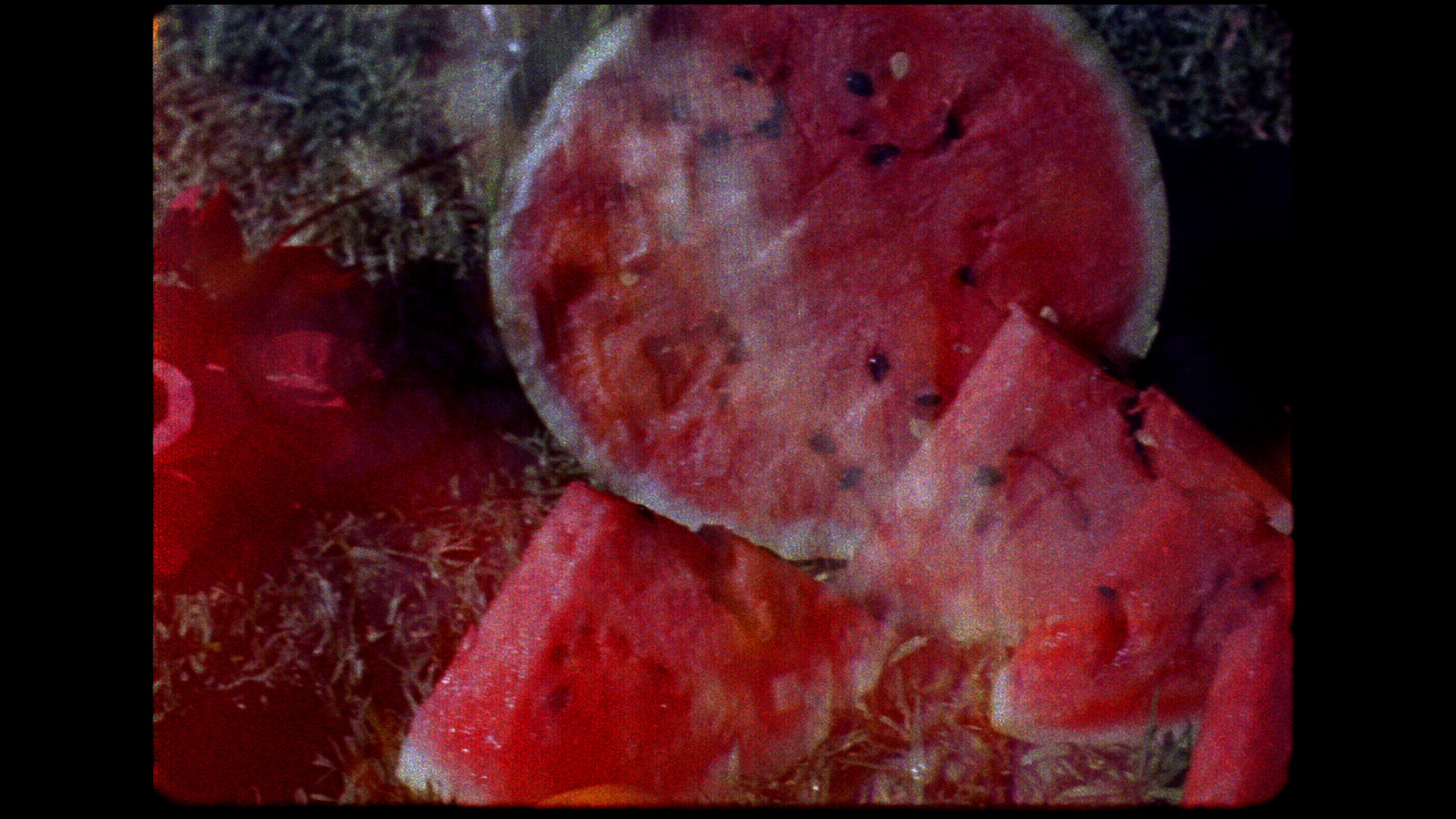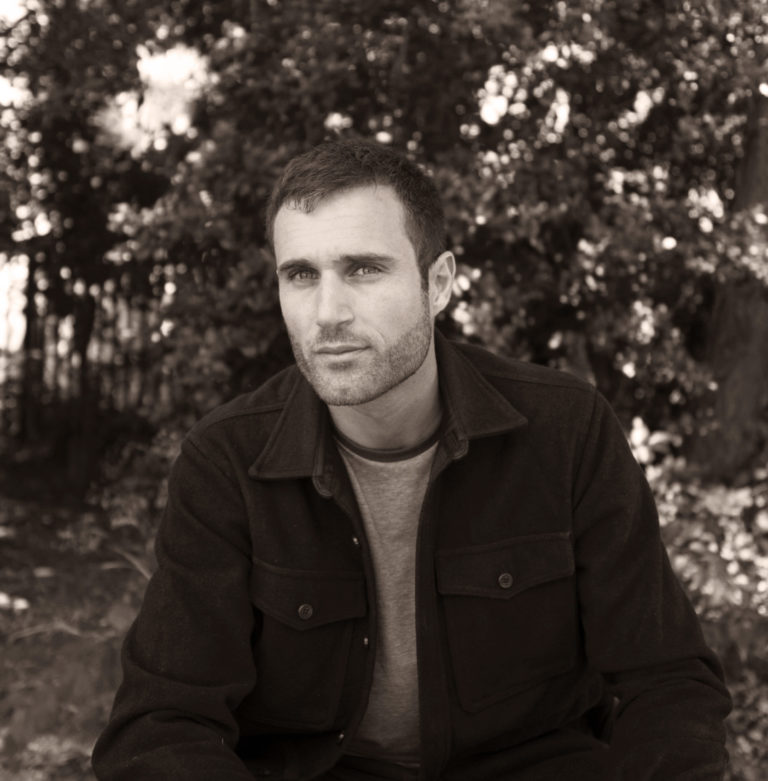FESTIVAL OF IDEAS AND CONTEMPORARY ART
Schedule 2023
Thursday, June 29, 2023
With Catherine Radosa, artist, Clémence Hollemaert, permaculture farmer-herbalist, Collectif Rotule, sound artists
Friday, June 30, 2023
With Stéphanie Garzanti, author, Paula Valero Comin, artist, Rose Mahé Cabel, artist, non-binary performer
Saturday, July 1, 2023
With Xavier Wrona, architect, Alexandre Monnin, philosopher, Paul Guillibert, philosopher, Jean-Marie Durand, journalist and author, Elio Della Noce, filmmaker, poet. Screenings « Animist cinemas and technochamanism » and Ruptures by Arthur Gosset
Sunday, July 2, 2023
With Simona Dvorak & Tadeo Kohan, curators and art historians, Patrice Maniglier, philosopher, Mohamed Amer Meziane, philosopher
Monday, July 3, 2023
With Fatima Ouassak, political scientist and environmental activist, Corinne Morel Darleux, author, ecosocialist essayist. Screening « Experimental pedagogies » (Filipa Cesar & Sónia Vaz Borges, Jean-Michel Carré & Adam Schmedes)
01.07.2023
10h30 → 12h30
"ZAD everywhere" participative workshop
with Xavier Wrona, architect
Is “ZAD everywhere” a call for the creation of a myriad of ZADs in retreat from capital, or for the creation of a great ZAD capable of taking the place of capital? This workshop in collective image production will open up imaginations of a ZAD that has won out over capital and its world, totally.
Xavier Wrona
Xavier Wrona is co-creator and director of Après la révolution, an association working to apply architectural thought to objects other than the production of buildings. A lecturer at the École Nationale Supérieure d’Architecture de Saint-Etienne, he holds a PhD in Architecture, Aesthetics, History and Theory of the Arts from the École Normale Supérieure de Paris, under the supervision of Pierre Caye, entitled: Architecture et savoir, une économie générale du savoir architectural par-delà la production de bâti, de Vitruve à nos jours. He founded the Est-ce ainsi agency (2006-2017), a structure working to refocus architectural practice on its political consequences and its participation in transforming collective life. In 2010, the Est-ce ainsi agency won the French Ministry of Culture’s Albums des Jeunes Architectes et Paysagistes.
01.07.2023
13h30 → 14h30
Screening of Ruptures by Arthur Gosset (2021)
« Leur destin était bien tracé : de brillantes études, la promesse d’un bon job et d’un gros salaire. Pourtant, rien ne s’est passé comme prévu. Aurélie, Maxime, Hélène, Emma, ou Romain sortent de Polytechnique, de Sciences Po, de Centrale ou d’écoles de commerce. Ils et elles ont fait un choix radical : renoncer à l’avenir qu’on leur promettait pour une vie qu’ils jugent plus compatible avec les enjeux environnementaux et sociétaux de notre époque. Ce film raconte leur histoire. »
Arthur Gosset
On his arrival at Centrale Nantes, Arthur Gosset co-founded Together For Earth, a student association dedicated to the Transition, which today counts almost 50 hubs throughout France. As a witness to the upheaval affecting the Grandes Ecoles, he directed Ruptures, a film voted “Coup de coeur du jury” at the Cannes International Ecological and Social Film Festival when it was released in 2021.
01.07.2023
14h30 → 15h15
Politicizing resignation
Encounter with philosopher Alexandre Monnin
Humanity’s survival depends on a social organization and infrastructure that cannot be maintained indefinitely. If the Earth is to remain habitable, we need to organize renunciation, not just on an individual scale, but also on the scale of those “negative commons” that make up our living environment, and which are difficult to abandon to themselves. The problem is that it’s not easy for eight billion people to become “terrestrial” again. What are the conditions under which we can think of ways to bring about a de(sat)tachment that is anticipated and not brutal for the most fragile populations? In this talk, we’ll look at some of the avenues we’ve been exploring for several years now.
Alexandre Monnin
Alexandre Monnin is a teacher-researcher, scientific director of Origens Medialab and director of the MSc “Strategy & Design for the Anthropocene” (ESC Clermont BS x Strate Ecole de Design Lyon). Author of a thesis on the philosophy of the Web, and a former researcher at Inria, he worked for some fifteen years in the digital sector. For the past 7 years, he has been reflecting on the challenges of ecological redirection, a trend he co-initiated with Emmanuel Bonnet and Diego Landivar. He recently co-authored Héritage et Fermeture (with E. Bonnet and D. Landivar, Divergences, 2021), co-edited Ecologie du Smartphone (with Laurence Allard and Nicolas Nova, Le Bord de l’Eau, 2022) and published Politiser le renoncement cette année 2023 (Divergences).
01.07.2023
15h15 → 16h
Living beings from all nations. The ecological proletariat faces up to being put to work
Encounter with philosopher Paul Guillibert
Capital puts all of nature to work: underground resources, natural elements and, above all, living beings as a whole. Ecological relationships and animals are integrated into production for profit, leading to the exhaustion of nature. The protection afforded by rich ecosystems is collapsing under the impact of agro-industrial development. Starting from the idea that non-human living beings are enrolled in capitalist relations, I would develop the hypothesis of an “ecological composition” of the proletariat (Léna Balaud). Putting the living to work engages a reflection on animal activities, on how to rethink capitalism based on its relationship to nature, and ultimately to create interspecific alliances to open up new imaginaries of resistance.
01.07.2023
16h → 17h30
Round Table "Deserting, Giving Up, Running Away"
With Alexandre Monnin and Paul Guillibert, philosophers. Moderated by Jean-Marie Durand
Jean-Marie Durand
Jean-Marie Durand is a journalist and author. Head of the “books” section at Philosophie Magazine, former deputy editor-in-chief at Les Inrockuptibles from 1997 to 2018, responsible for the “media”, “debate d’idées” and “art” sections, he was also deputy editor-in-chief of the program C Ce Soir on France 5. He contributes to various media (France Culture, Trois couleurs, Ravages, The Art NewsPaper, La Revue du Crieur, Télérama, Légende…). He has also published several essays: Homo Intellectus, enquête hexagonale sur une espèce en voie de réinvention (La Découverte, 2019); 1977, année électrique (Robert Laffont, 2017); Le cool dans nos veines, histoire d’une sensibilité (Robert Laffont, 2015). In 2021, he will direct the PUF centenary collection.
01.07.2023
20h30
Screening "Animist cinemas and technochamanism"
In the presence of Elio Della Noce, filmmaker and poet
In a climate of urgency, can cinema enable us to engage in ecological practices that decentralize human vision? How can we imagine a grammar for an eco-cinema that reformulates the question of the gaze from non-human perspectives, a cinematic animism that restores the temporality of the living, and practices that forge an alliance between plants and photochemical emulsion? An ecology of cinema that would, at the same time, envisage alternative modes of film production and distribution, ways of making community differently, and where the plants themselves become “the materials on which action creates a visual composition. the plant becomes a “printing surface”, a support for making images, and the plant also becomes a “developer product”. After the great attempts to reappropriate media and film production through experimental film cooperatives in the 1970s (such as the New York Filmmaker Coop, the London Filmmaker’s coop, the Paris Film Coop, etc.) a parallel history of experimental cinema is being rediscovered, a counter-history within a counter-history.
Ancestral – Luiz Roque (2016, 5 min)
Lightning and thunder rumble the dawn of an ancestral world that is not yet human, unless it is post-human. Nature is no longer this idyllic, undetermined space, but everything that exists before and after life, man, the Anthropocene. Into this atmosphere strides a majestic tamanduá bandeira (great anteater), with the strange rhythm of its gait. This animal with its distinctive morphology has inspired countless indigenous mythologies and left a deep imprint on the Western imagination.
Langue des oiseaux – Erik Bullot (2021, 54 min)
From the future, a voice tells us how men once strove to describe, transcribe and then imitate birdsong, in the hope perhaps of communicating with them. The human species has often revelled in this music of nature and, in a gesture insensitively mixing admiration and appropriation, has tried to adapt it to the parameters of its world. Two men with similar features investigate the history of these endeavors, gathering documents, interviewing musicians, gleaning demonstrations. Scores of music, some ancient, some original, mimic the acrobatic tunes created by organisms with superhuman abilities. Outstanding voices manage to produce sublime figures, to skim tones of bestial texture or pitch, but the resemblance between the two bloodhounds always remains more obvious than the kinship of these performances with the supple songs of our winged friends. At the end of this journey, it turns out that birdsong remains inimitable, and humans are amicably reminded of the vanity of their will to power, a force that generates so many works of art and yet is the mother of all destruction. (Olivia Cooper-Hadjian, Catalogue Festival Cinéma du réel, 2022)
Phytography – Karel Doing (2020, 8 min)
Phytography is a contact technique invented by Karel Doing in 2016. After immersing plants in a neutral environmental photosensitive solution, it involves placing them in contact with photosensitive film or paper. Phytography delves into the rich and varied world of plant chemistry.
Forest Song – Karel Doing (2022, 4 min)
After freeing themselves from the yoke of slavery in the 17th and 18th centuries, the Saramaca maroon people settled on either side of the border between Surinam and French Guiana, in a network of small, independent communities. By fusing their African heritage with locally-acquired knowledge, these communities managed to adapt intelligently to the complex environment of the rainforest. This film uses a heroic Saramaca song as a structural principle for a brief exploration of the Saramaca way of being in the world.
The Sun Quartet partie 1 : Sunstone – Collectif Los ingravidos (2017, 8 min)
The Sun Quartet is a solar composition in four movements, a political composition in four natural elements, an audiovisual composition in four metamorphoses of the body: a stone of sunlight where youth blooms in revolt, a river flooding the streets, the burning dawn of the city. And finally, the clamor of the people that shook Mexico City after the night of September 26, 2014. With the sudden disappearance of 43 Ayotzinapa students, a breach was opened in Mexico’s body politic.
Colectivo Los Ingrávidos (Tehuacán) is a Mexican film collective founded in 2012 to dismantle “commercial and corporate audiovisual grammar and its integrated ideology”. The collective is inspired by the historical avant-gardes and their commitment to using both form and content against alienating realities. The collective creates films around protest and labor, earth and sky, in explosions of sound and image that aim to decolonize ways of seeing the world. Its methods combine digital and analog media, interventions with archival documents, mythology, agitprop, social protest and documentary poetry. His radical experiments with cinematic devices produce images that are both visual and auditory.
Schedule 2023
Thursday, June 29, 2023
With Catherine Radosa, artist, Clémence Hollemaert, permaculture farmer-herbalist, Collectif Rotule, sound artists
Friday, June 30, 2023
With Stéphanie Garzanti, author, Paula Valero Comin, artist, Rose Mahé Cabel, artist, non-binary performer
Saturday, July 1, 2023
With Xavier Wrona, architect, Alexandre Monnin, philosopher, Paul Guillibert, philosopher, Jean-Marie Durand, journalist and author, Elio Della Noce, filmmaker, poet. Screenings « Animist cinemas and technochamanism » and Ruptures by Arthur Gosset
Sunday, July 2, 2023
With Simona Dvorak & Tadeo Kohan, curators and art historians, Patrice Maniglier, philosopher, Mohamed Amer Meziane, philosopher
Monday, July 3, 2023
With Fatima Ouassak, political scientist and environmental activist, Corinne Morel Darleux, author, ecosocialist essayist. Screening « Experimental pedagogies » (Filipa Cesar & Sónia Vaz Borges, Jean-Michel Carré & Adam Schmedes)
